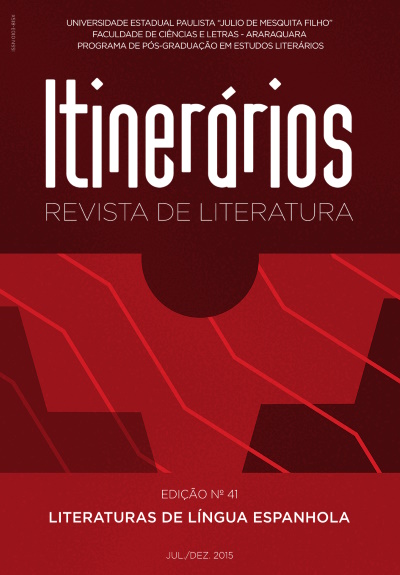Five fragments about the theater of post-dictatorship of Eduardo ‘Tato’ Pavlovsky. From the critique of realism to the critical realism
DOI:
https://doi.org/10.58943/irl.vi41.8426Keywords:
Eduardo Pavlovsky, Realism, Theodor Adorno, G, Lukács, Meyerhold,Abstract
From an absurdist vanguard to a reflective or critical realism, the theater of the Argentinian actor and playwright Eduardo “Tato” Pavlovsky has gained worldwide notoriety in the theatrical field by approaching violence and perversity in a micropolitics which playfully hides the representation of reality in favor of a dialectic with a simulacra of “the real”. This article is divided into five fragments that analyze some works of Pavlovsky (The mask, 1970, Mister Galíndez, 1973, Mister Laforgue, 1983, and Meyerhold Variations, 2004) considering, in addition to a contextualization of his work in Argentine theater, the debate about realism between Lukács and Adorno. The detachment from a need of the reality allows us to think Pavlovsky’s work as a critique of society and its brutal authoritarianism hidden in social and aesthetic norms.Downloads
Published
01/03/2016
Issue
Section
Literatures in spanish
License
Os manuscritos aceitos e publicados são de propriedade da revista Itinerários. É vedada a submissão integral ou parcial do manuscrito a qualquer outro periódico. A responsabilidade do conteúdo dos artigos é exclusiva dos autores. É vedada a tradução para outro idioma sem a autorização escrita do Editor ouvida a Comissão Editorial.

